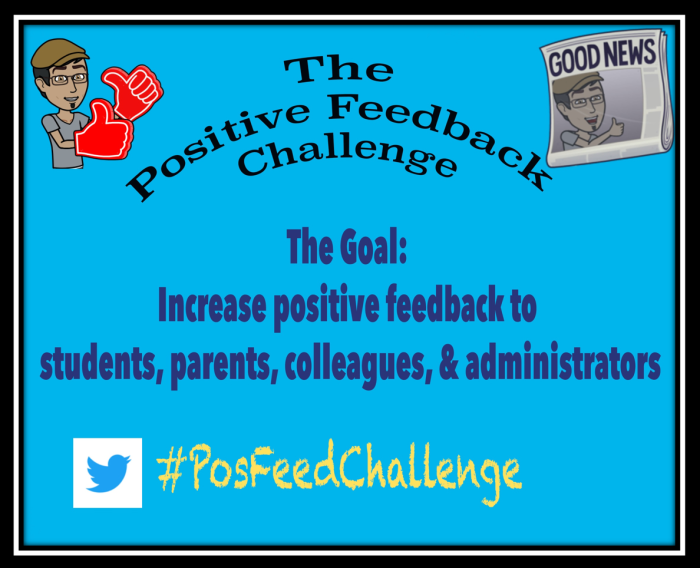Dear (Failed) Parent,I hope this e-mail finds you well. I am e-mailing you about that monster of a child of yours. I am quite confident to say that she is the worst student I have ever had, and that going to school seems quite a waste of time for her (and everyone else), as nothing will ever become of her. Your daughter’s other teachers and peers all share this sentiment. I encourage you to take more frequent and longer family vacations during the school year, or even better, to take her out of our school.Have a wonderful day,Your Monster’s Teacher
Even though some of us educators may have, at one point in our careers, had the urge to send the kind of message above to parents (and I hope none of us did…), I am sure the reasons this e-mail is inappropriate are quite obvious- It is disrespectful and reactionary, it is too general and does not provide any specificfeedback about the child’s behavior, it does not suggest any prior intervention steps that were taken, and does not offer any realistic and positive suggestions as to how existing issues can be dealt with.
Sharing with parents negative feedback about our students seems to be the more common type of day-to-day communication we have with them. Although the intentions may be positive (such as to inform parents of certain unacceptable behaviors), or we may even be required to send certain e-mails, in order to properly do our job and serve our students in the best possible way we can, we must consider the short- and long-term implications of such communication. Parent e-mails affect:
- Our relationships with students and their parents
- The ultimate goals of creating a positive classroom culture and encouraging students to become kind, thoughtful and empathetic students with healthy problem-solving skills.
When it comes to sharing positive feedback with parents, it seems that communication is far less frequent. At the end of the last academic year I asked tweeting educators to share information about the frequency and nature of parent feedback they provide about their students. Some important findings were:
- Educators believed that sharing positive feedback is more important than sharing negative feedback with parents, and even more than if the nature is informational;
- The most frequent teacher-parent communication topic was informative (neither positive nor negative);
- Negative-natured feedback was more frequent than positive one; and,
- Most educators wished they contacted parents more frequently to share positive feedback (which was the exact opposite with providing negative feedback!)
The above findings are a bit confusing, as we see an inverse correlation between educators’ beliefs and desires and the actual feedback given- if positive feedback takes the highest precedence, how come it is the least common type of feedback we are providing? And on the same token, if informational feedback takes is the lowest importance, why is it the most frequent one we send home?
In order to match our priorities with our actions, it is important that we acknowledge the importance of positive feedback about our students, and we ensure we take time to celebrate our students’ personalities, abilities, and choices.
This year, I decided to take on the challenge of doing just that- increasing positive feedback to my students’ parents. At the beginning of the year I plan on sending at least one email to parents every day, and after that send a positive e-mail to parents at least once per week.
I would like to ensure that the (positive, negative and informational) feedback I provide with them is useful, and so I will make sure to keep the following points in mind:
- Timing: My eMails will address behaviors/ events in a timely Manner, preferably before the following day.
- Ownership: I will remind parents that we are all a part of the same team, and the student’s successes (as well as difficulties) are a result of our choices and hard work.
- Specificity: My messages will pinpoint one or two specific behaviors I would like to celebrate (academic performance? Social development?) and will include specific examples.
- Next Steps: I will make sure to look forward and include next steps or possible ideas/ solutions to prevent from (or encourage) the event to occur in the future.
I hope this would make a difference not only at school, but also in students’ homes and in their choices and realities in the future.

I would also like to take this opportunity and encourage you to join this challenge, and provide more positive feedback about your students, colleagues, administrators, and even your friends outside your workplace.
If you would like to contribute or get ideas for positive feedback, please visit this Google Form (to share some of your ideas), or go directly to this Google Sheet (to find ideas for positive feedback to others). Finally, please visit #PosFeedChallenge on Twitter and take part in sharing and celebrating a more positive new school year.
Thank you for making a difference.

No comments:
Post a Comment